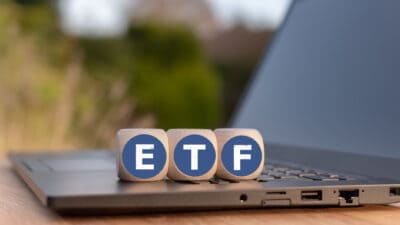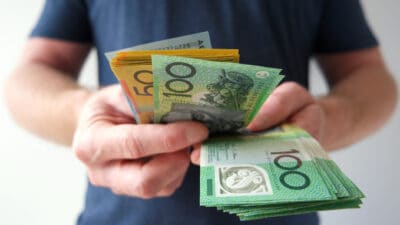The Vanguard US Total Market Shares Index ETF (ASX: VTS) is one of the most popular exchange-traded funds (ETFs) on the ASX, with a fund size of $5.4 billion.
It provides exposure to some of the world's largest companies that are listed in the United States. ETF provider Vanguard says the fund "offers low-cost access to a broadly diversified range of securities that allows investors to participate in their long-term growth potential."
ETFs, in general, are great at enabling Aussies to gain exposure to a certain theme (such as cybersecurity) or a particular geographic area (such as Australia, the US, Europe or even the world). And we can get that allocation through just a single investment. Let's look at how attractive the VTS ETF is.
The positives
The most important factor in an ASX ETF is the exposure it gives its investors. The VTS ETF gives Aussies exposure to most of the US share market's market capitalisation.
The fund invests in leading US-listed businesses like Apple, Nvidia, Microsoft, Amazon, Alphabet, Meta Platforms, Tesla, Berkshire Hathaway, Broadcom and JPMorgan Chase. These top companies have impressed the market for a long time and are worth a place in our portfolios.
I believe they can collectively deliver good returns based on their ability to grow earnings with new or improved product and service offerings.
The VTS ETF invests in close to 3,600 US shares in total. That's excellent diversification, in my opinion. It helps reduce the risk of any one company or sector having a rough time.
Keep in mind that a significant portion of the Vanguard US Total Market Shares Index ETF's underlying earnings come from outside the US — these are global businesses.
It costs very little to gain exposure to this great fund. An annual management fee of 0.03% means investors lose almost none of the gross return to costs.
The combination of the low fees and great businesses has delivered strong returns for investors. In the five years to 31 December 2024, it has returned an average of 16.7% per annum, demonstrating the quality of the underlying businesses.
What are the negatives?
One criticism that regularly gets thrown at the US share market is that it's expensive. An easy way to measure the valuation is with the price/earnings (P/E) ratio. What is the multiple of the earnings it's trading at?
According to Vanguard, the VTS ETF had a P/E ratio of 27.5x at the end of November 2024. While that does seem high for a diversified ETF like this one, it is heavily exposed to fast-growing businesses. Growth companies typically have a higher P/E ratio, so I'm not too concerned or surprised about the high P/E ratio.
Of course, if investors are investing in the VTS ETF for exposure to US tech giants, there are other ASX ETF options to consider, like the Betashares Nasdaq 100 ETF (ASX: NDQ) and the Global X Fang+ ETF (ASX: FANG), which allocate more to names like Microsoft and Amazon.
The final negative I'll mention is the size of the dividend yield. This is not a fund to own for passive income – Vanguard says its dividend yield is 1.2%. Some Aussies may prefer an investment that offers more passive income.
Overall, I still think this fund can be a very effective long-term investment. But I won't be surprised if the market throw ups volatility in the short-term.









